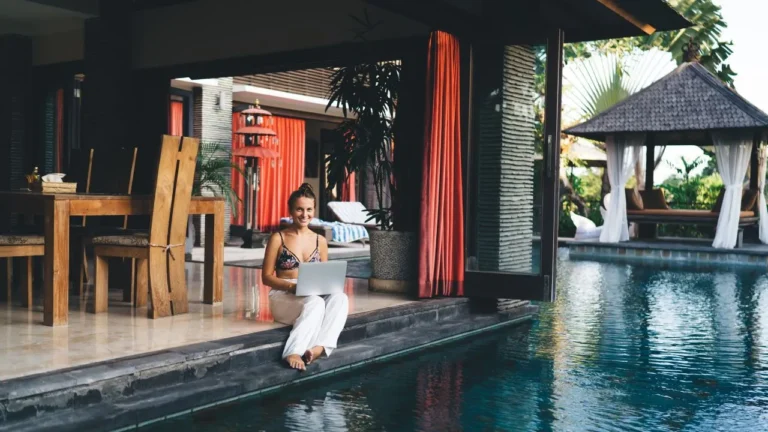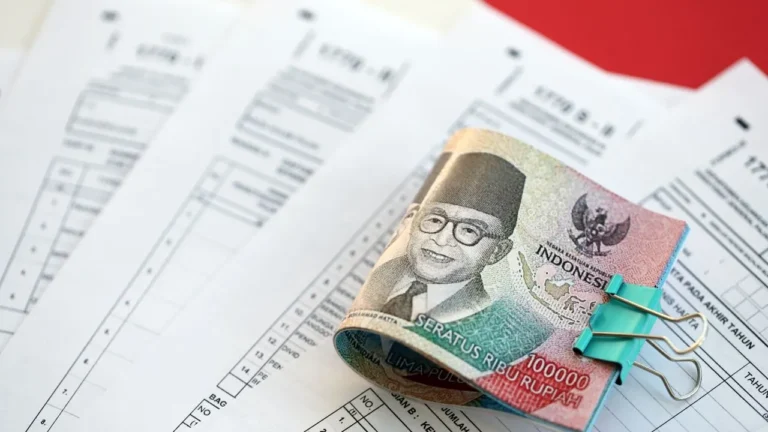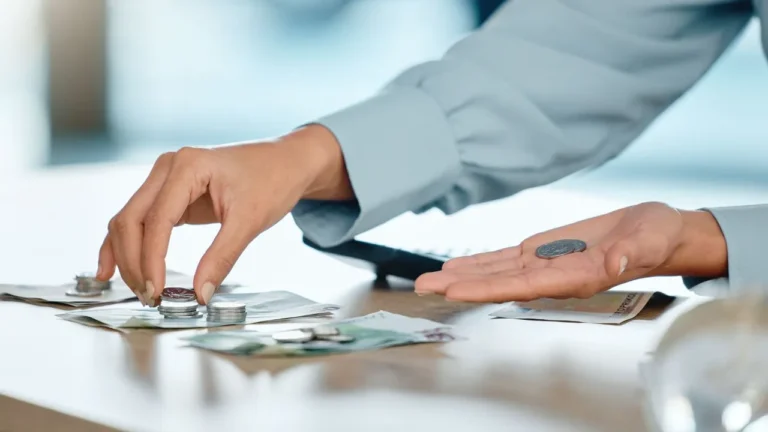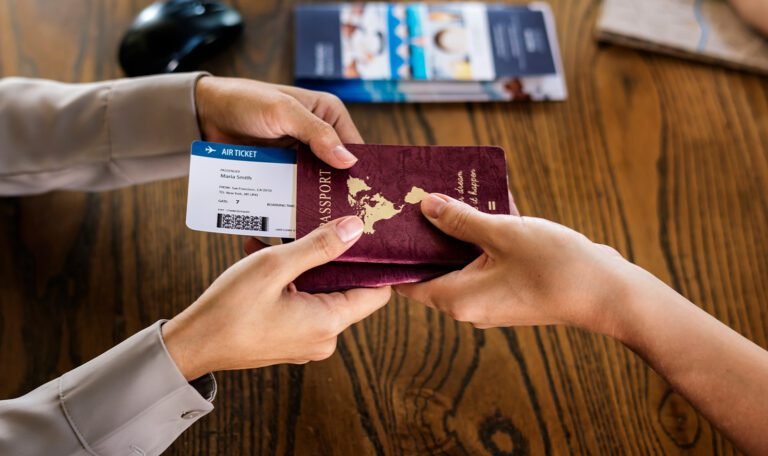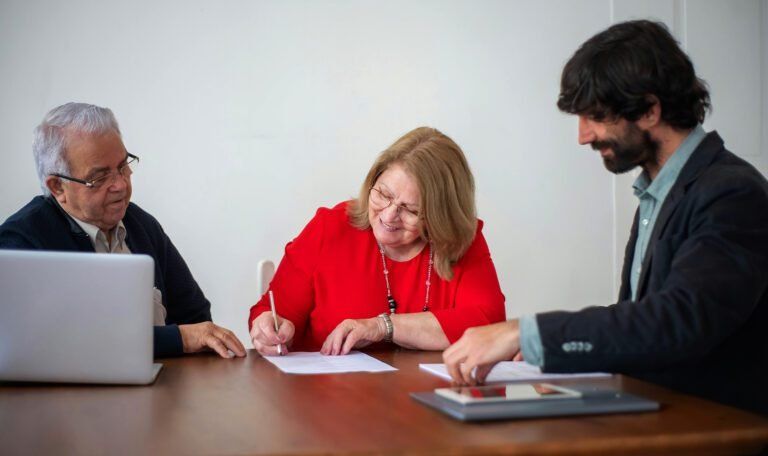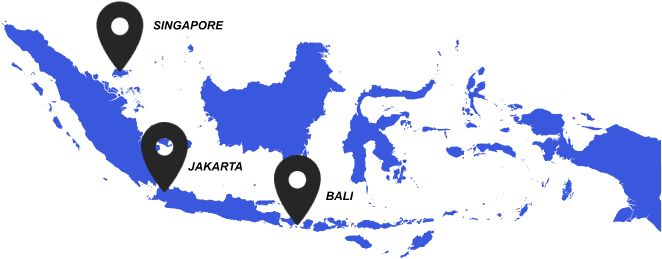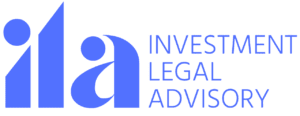Table of Contents
ToggleIndonesia is the world’s largest halal consumer market, and with a new decree from the Halal Product Assurance Organizing Agency (BPJPH) on July 8, 2025, obtaining halal certification has become much easier for Micro and Small Enterprises (UMK).
Previously a complex process for larger companies, Decree No. 146 of 2025 expands eligibility to businesses with annual sales up to IDR 15 billion. This is a welcome development that empowers small businesses to build consumer trust, enhance their market access, and gain a competitive edge.
This article provides a comprehensive guide to understanding this new regulation, detailing the expanded eligibility, a more transparent application process, and the broader range of eligible product categories. This is important, especially if you want to open a business in Indonesia.
We will also highlight common mistakes to avoid and explain how ILA Global Consulting can help you leverage this opportunity to ensure your business’s growth and compliance.
At ILA Global Consulting, we view this as a welcome shift for entrepreneurs, as it simplifies their business. We have a strong reputation for providing accurate and meticulous assistance to international clients.
What Changed with Halal Certification in Indonesia According to Decree 146/2025?

The new decree makes halal certification more accessible and transparent, benefiting businesses and entrepreneurs operating on a business visa. Here is a breakdown of the major changes brought by Decree 146/2025:
1. Bigger Eligibility Window
Previously, only UMK with annual sales under IDR 500 million could apply for halal certification via self-declaration. Now, the ceiling has been lifted to IDR 15 billion.
That means many restaurants, bakeries, catering services, and local product brands that were previously excluded can now join the halal-certified economy.
This is a significant game-changer that levels the playing field for small businesses looking to build consumer trust in a country with an important muslim community.
As these businesses grow and expand their market, they will need to consider tax treaties and optimisation to manage their finances effectively.
2. A Clearer, More Transparent Application Process
The decree also clarifies what exactly you need to prepare for a halal certification application. Businesses must submit documents such as:
- A valid Business Identification Number (NIB).
- Product names, images, and a full ingredient list.
- Proof that materials are halal-certified (with limited exemptions for natural materials).
Additionally, the SIHALAL online system is now the official platform for filing applications, streamlining the process and reducing face-to-face bureaucracy.
3. Expansion of Eligible Product Categories
Another significant change: more business types now qualify for halal certification through self-declaration. This is particularly relevant for foreign investors who establish a PT PMA to operate in these sectors. The expanded categories include:
- Cooking oil industries (KBLI 10415).
- Bakery and cooking product industries (KBLI 10779).
- Restaurants, food stalls, mobile food & beverage services (KBLI 56102, 56104, 56306).
Key Terms for Halal Certification in Indonesia
| Term | Definition |
|---|---|
| Halal Certification | A formal confirmation that a product or service meets the dietary and quality standards of Islamic law. It is now a business necessity in Indonesia for many products. |
| UMK | Usaha Mikro dan Kecil (Micro and Small Enterprises). These are small businesses in Indonesia that now have an expanded eligibility window to apply for halal certification. |
| Decree No. 146/2025 | The new government regulation significantly raises the annual sales ceiling for UMK to apply for halal certification, from IDR 500 million to IDR 15 billion. |
| NIB | Nomor Induk Berusaha (Business Identification Number). This is the official registration number for a company in Indonesia, a mandatory document required for a halal certification application. |
| KBLI | Klasifikasi Baku Lapangan Usaha Indonesia (Standard Classification of Indonesian Business Fields). A government-issued code that categorises and defines a company’s specific business activities. The decree expands the eligible KBLI codes for self-declaration. |
Registering a Company in Indonesia Has Never Been Easier
Setting up a business abroad can be overwhelming, as it involves navigating numerous documents, laws, and regulations. Fortunately, we simplify the process and provide expert guidance to help you choose the proper business structure and setup for your needs.
Reach out to the ILA Global Consulting team today to set up a free consultation or read more about the company registration process.
Why Does Halal Certification Matter for Entrepreneurs in Indonesia?

If you run a small business in Bali or other regions in Indonesia, halal certification is no longer a “nice-to-have”; it has become a business necessity given the prominence of religion in the country. Here’s why:
- Consumer trust: In a Muslim-majority market, halal certification instantly boosts credibility.
- Market access: Many supermarkets, distributors, and even export partners now require halal labels.
- Competitive advantage: Businesses with halal certification stand out in crowded markets, such as the food and beverage (F&B) and cosmetics industries.
With the sales threshold raised to IDR 15 billion, the government has finally recognized that entrepreneurs and small businesses should have the same chance to certify their products.
How to Obtain a Halal Certification without Delays

Based on our experience at ILA Global Consulting, here are some common mistakes to avoid when planning to start a business in Indonesia:
- Incomplete documentation: Missing ingredient lists or unclear product descriptions often delay applications.
- Non-compliant naming/branding: Products cannot use names, symbols, or packaging related to pigs, dogs, or other haram associations.
- Mixing production facilities: Halal products must be strictly separated from non-halal processing, even within the exact business location.
Taking care of these details upfront can save you months of back-and-forth with authorities.
How Can ILA Global Consulting Support You?
We know that for many business owners, regulations can feel like a maze. Our team helps UMK and larger enterprises with:
- Eligibility checks: Ensuring your business qualifies before investing time and money.
- Application support: Preparing documents, managing the SIHALAL system, and liaising with BPJPH.
- Compliance audits: Reviewing your production process, labelling, and facilities to ensure they meet halal standards.
- Expansion strategy: Helping you leverage halal certification for new markets, including exports.
Decree 146/2025 is more than just a regulation change; it’s an opportunity for small businesses across Indonesia. By simplifying halal certification, the government is empowering small and medium enterprises to grow, gain consumer trust, and compete on a larger stage. For expert assistance with your company registration and to ensure your business remains compliant and secure, contact ILA Global Consulting today.
| Term | Definition |
|---|---|
| BPJPH | Badan Penyelenggara Jaminan Produk Halal (Halal Product Assurance Organizing Agency). This is the government body responsible for issuing and regulating halal certification in Indonesia. |
| SIHALAL | An official online system managed by the BPJPH that streamlines the halal certification application process, making it more transparent and accessible for businesses. |


